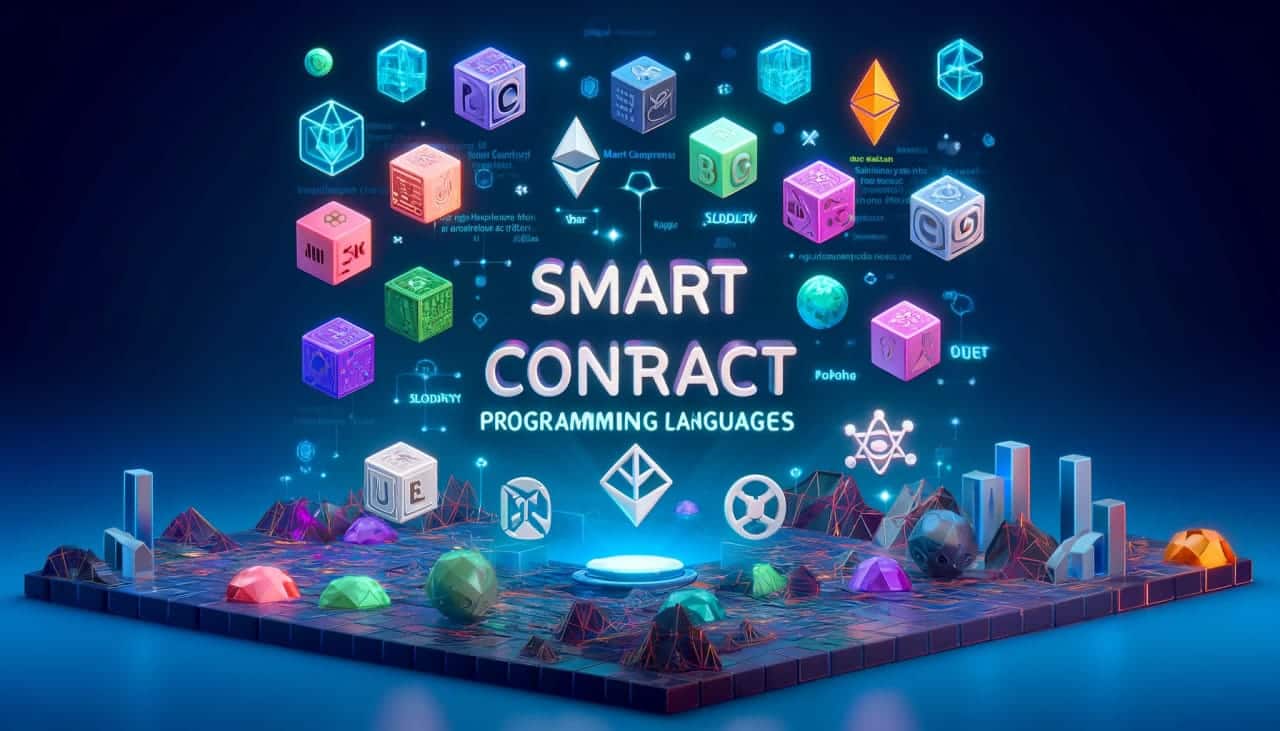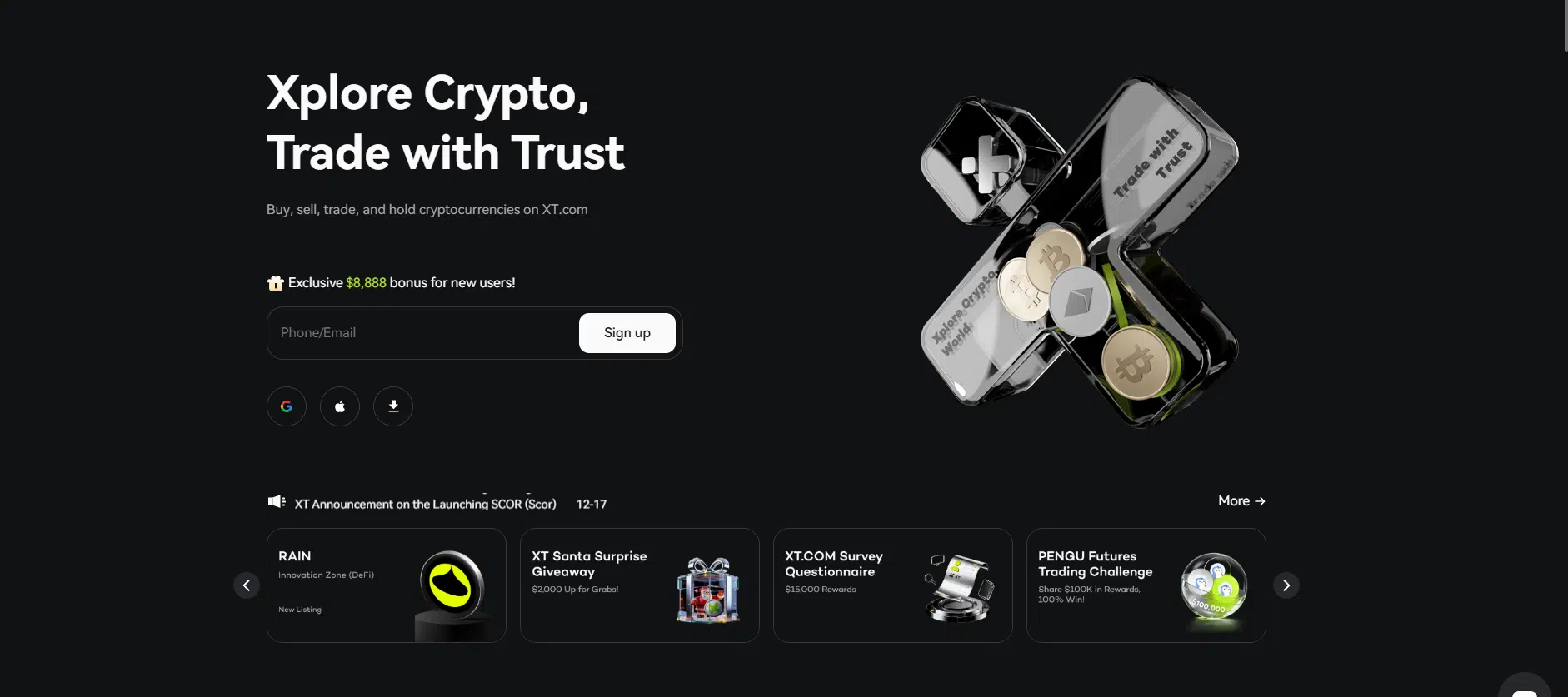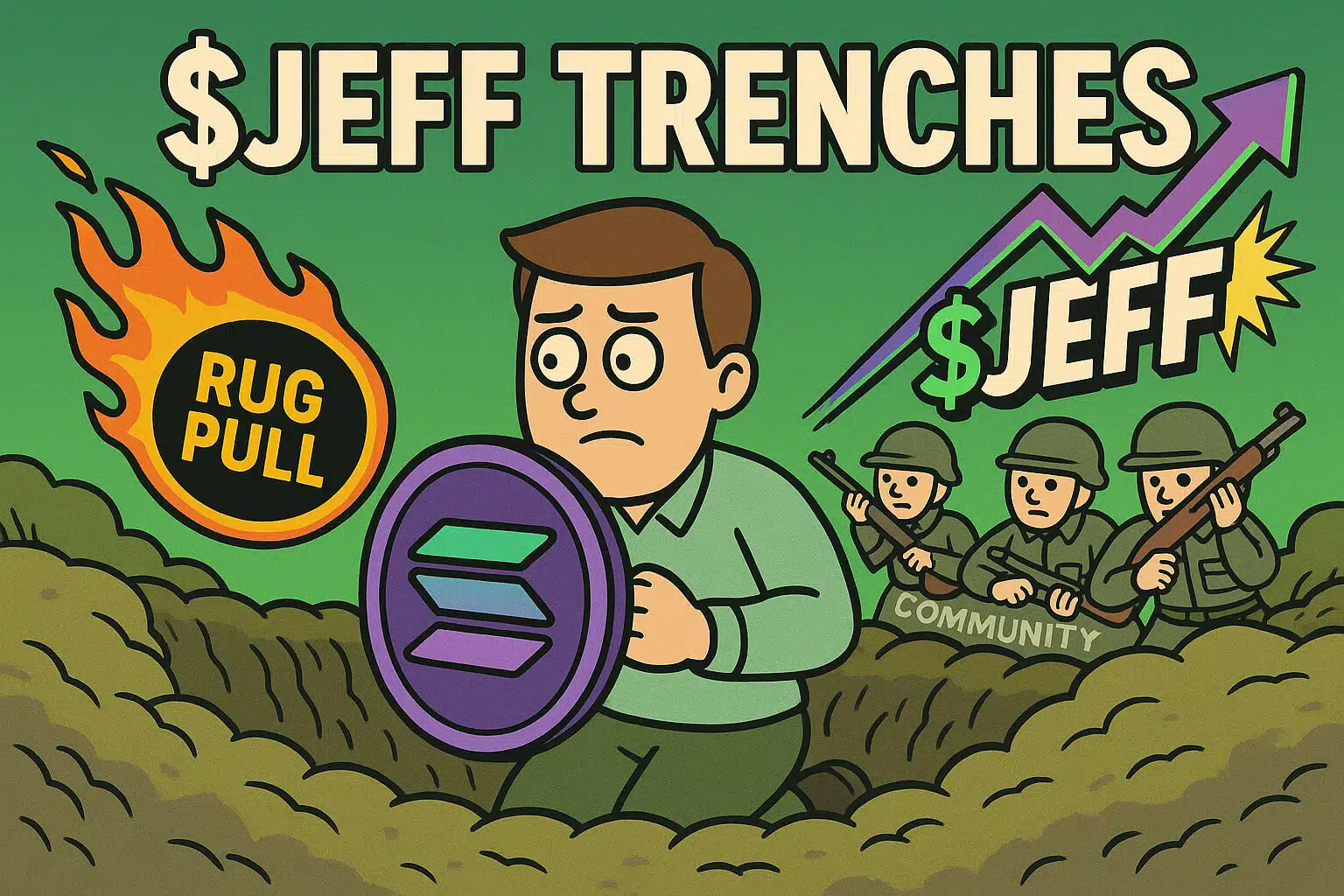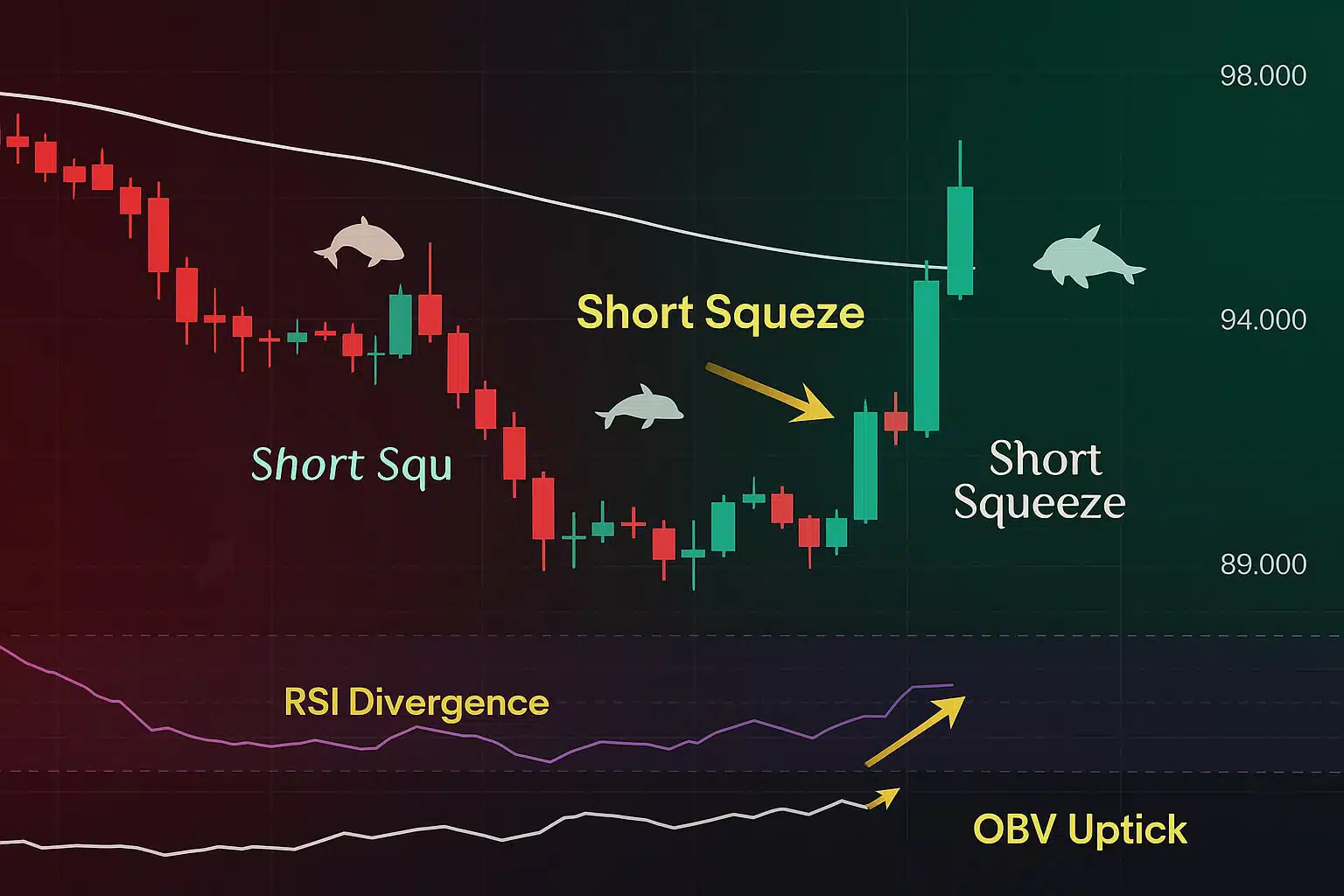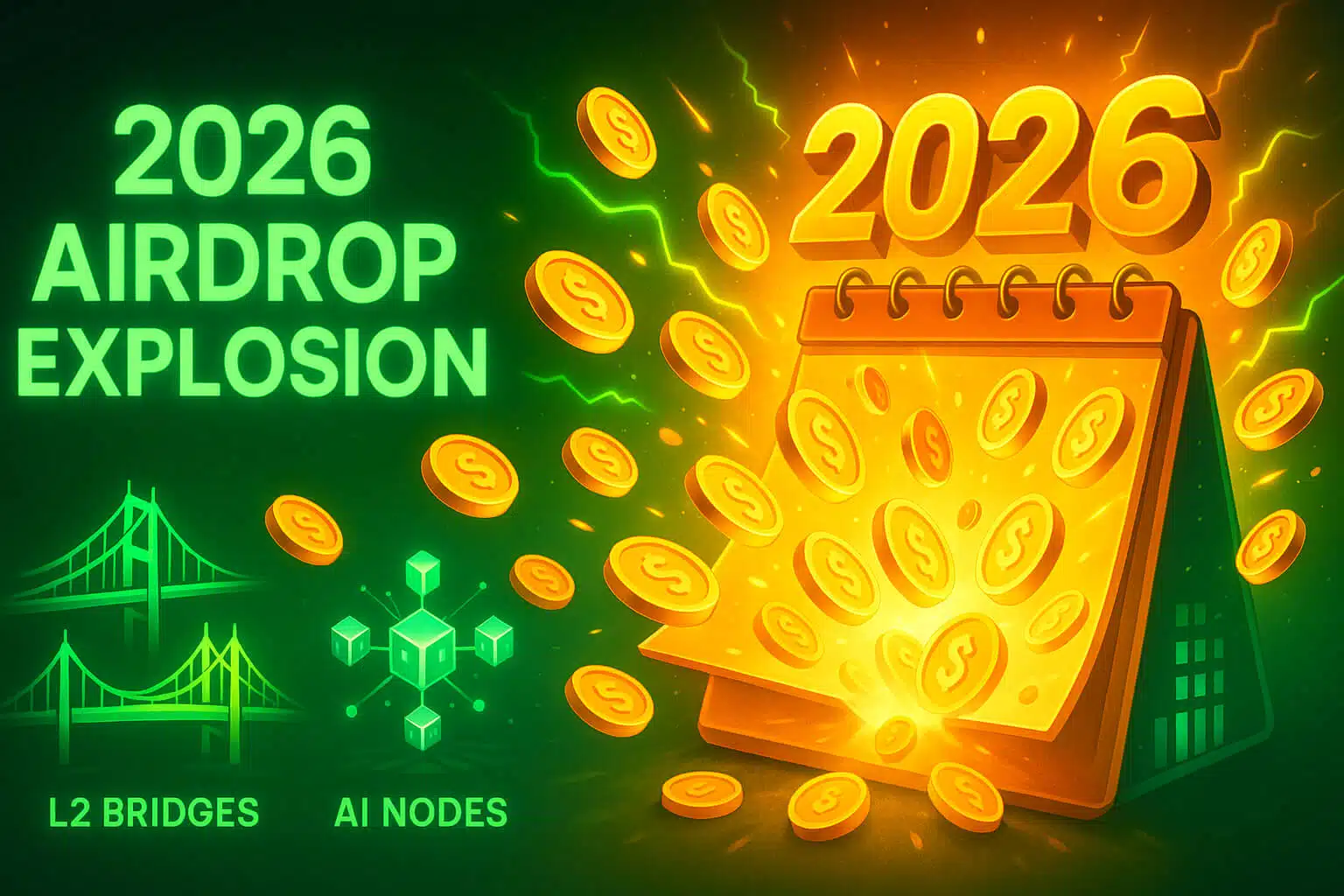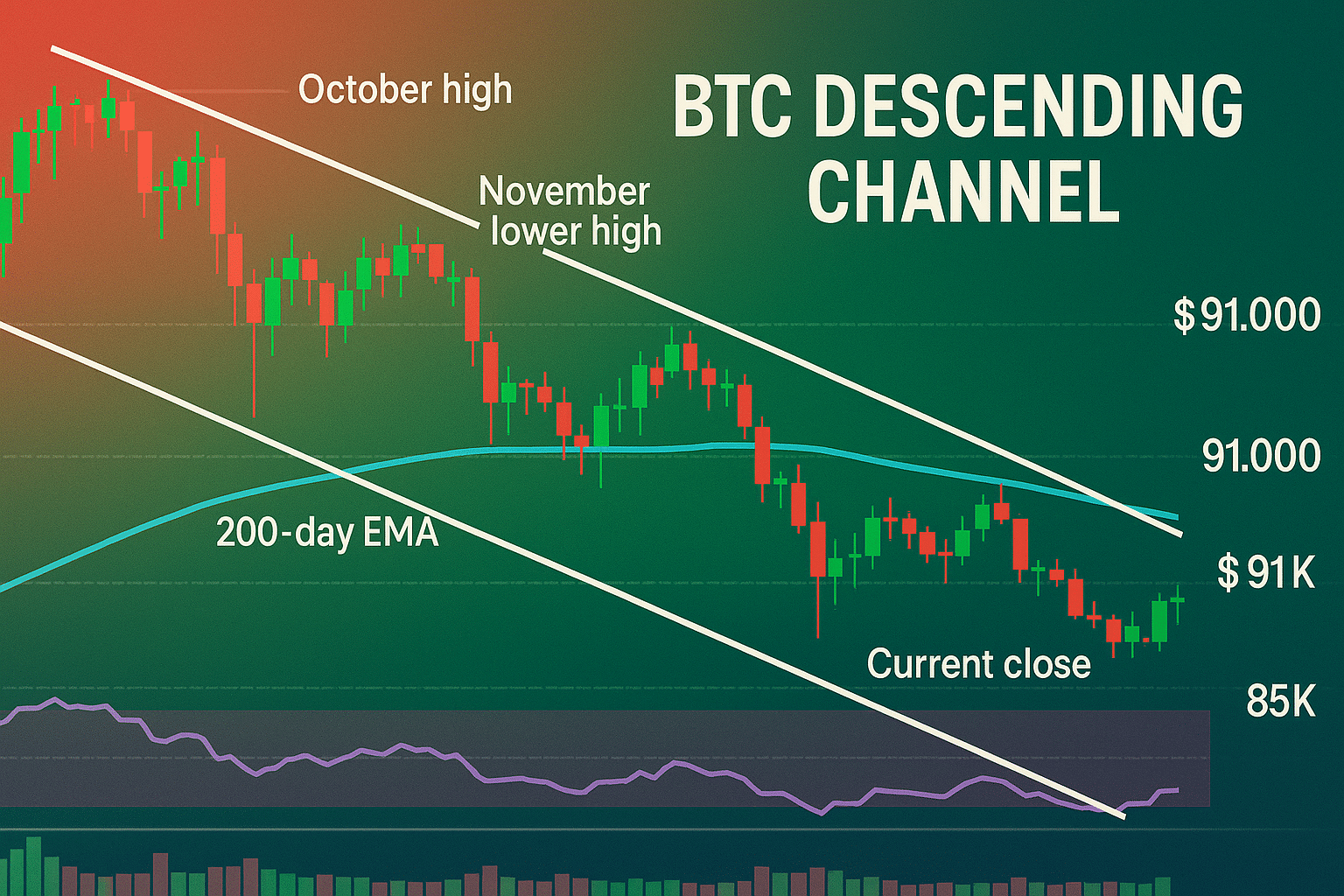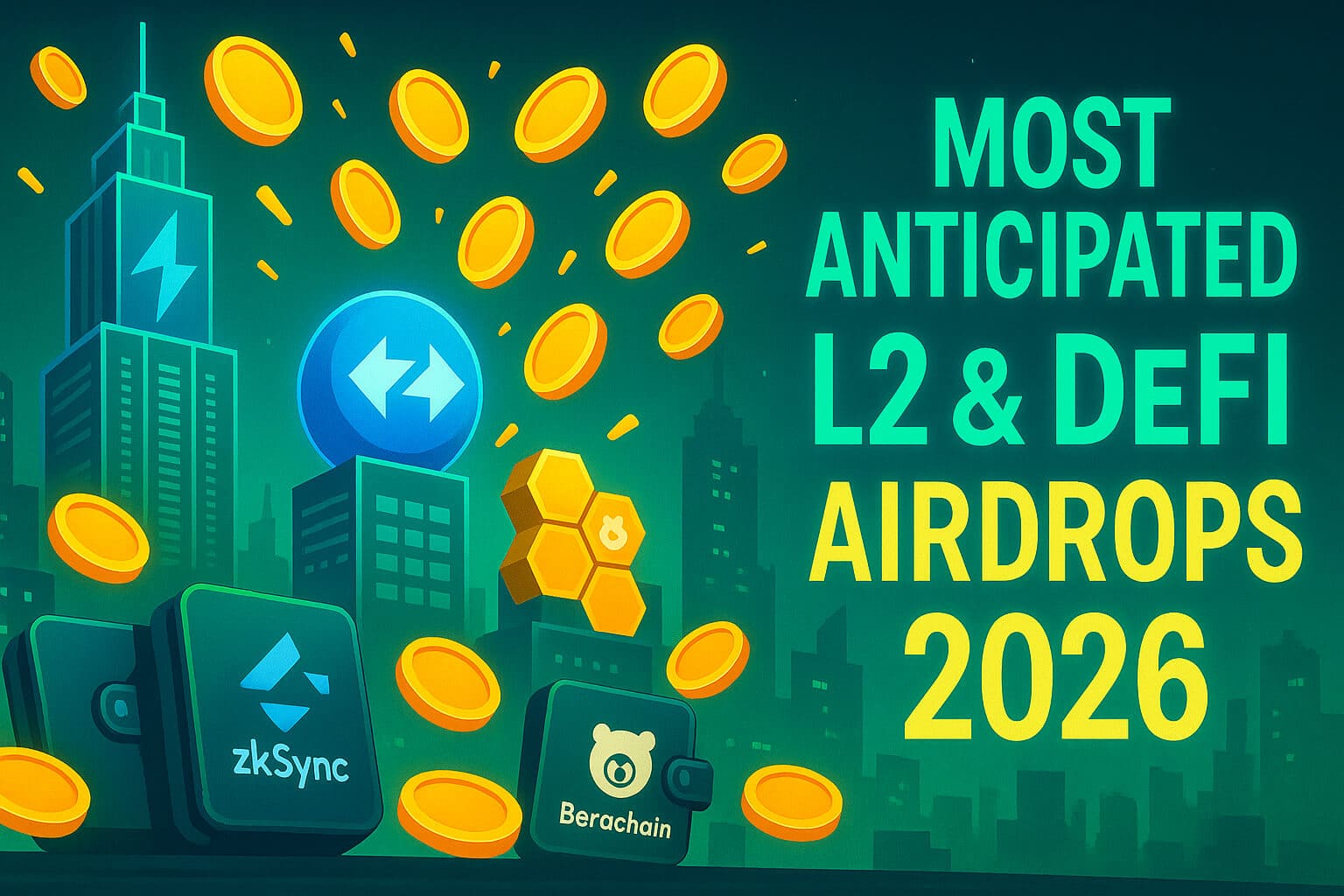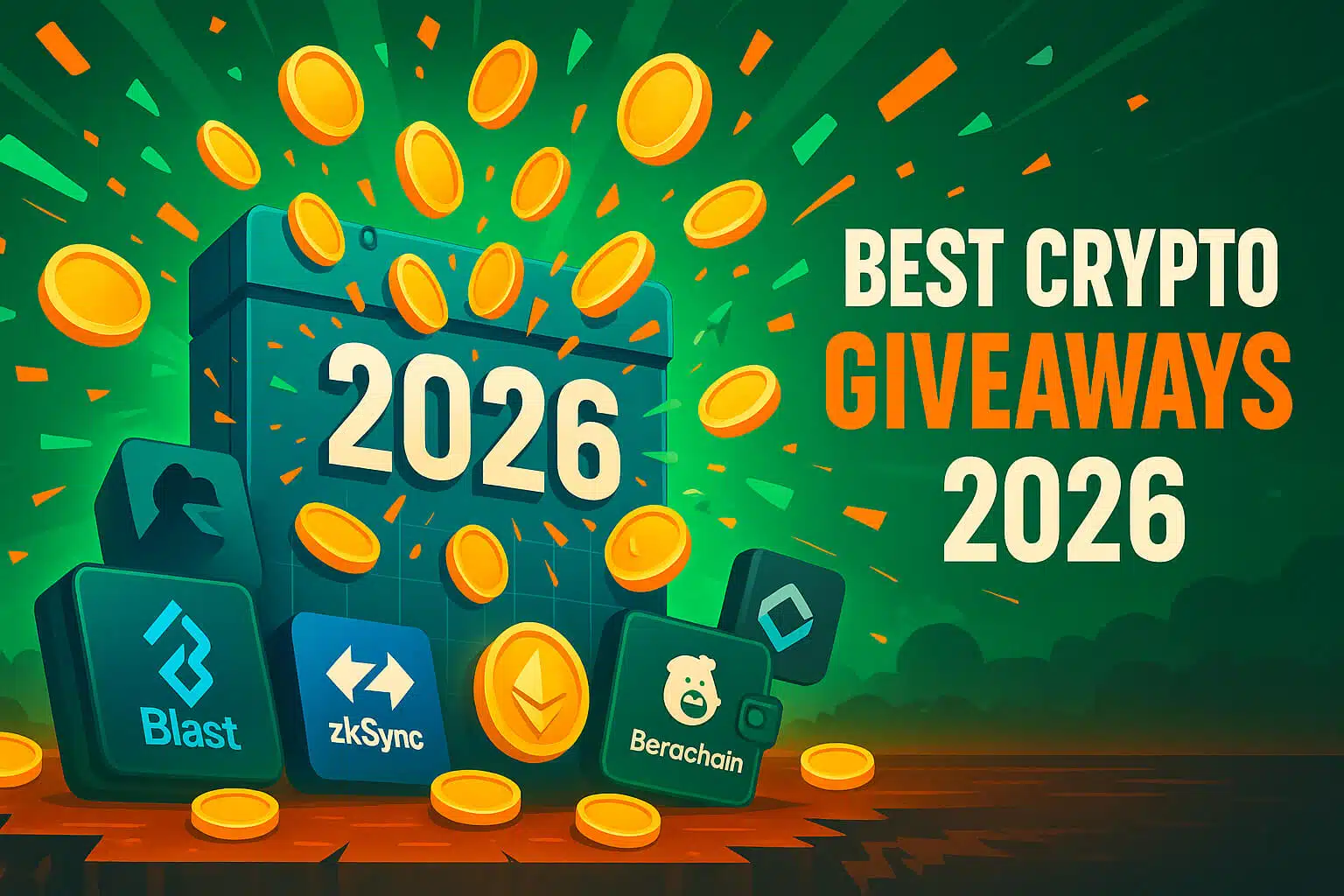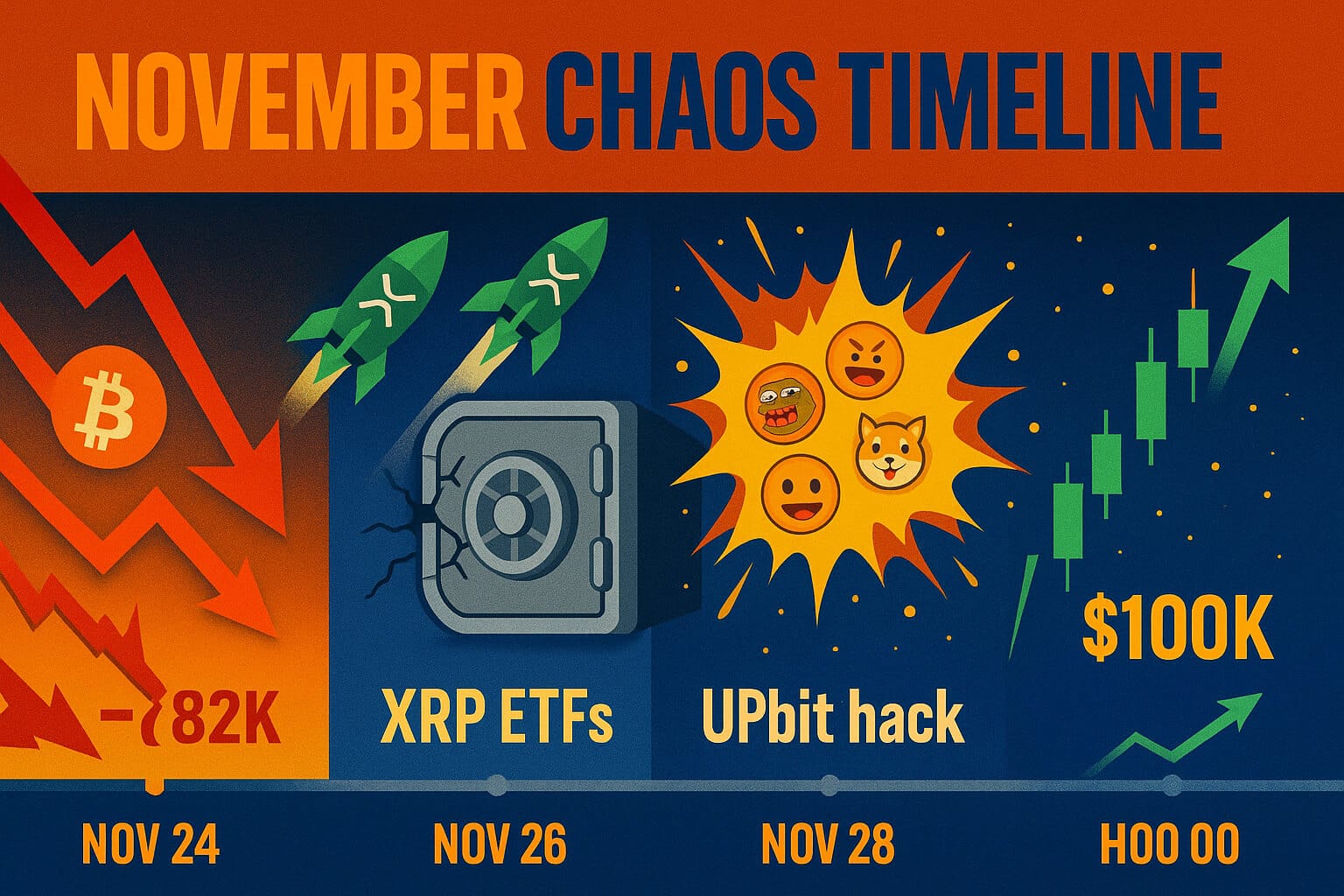Smart Contract Programming Languages: The Key to Blockchain Development
Smart contracts form the backbone of blockchain technology, enabling automated, transparent, and secure transactions without the need for intermediaries. Therefore, understanding specific programming languages designed for blockchain environments is crucial for developing these contracts. In this article, we’ll explore the most popular smart contract programming languages used in blockchain development, highlighting their unique features and ideal use cases.
1. Solidity
Solidity is the most widely used smart contract programming language, particularly on the Ethereum blockchain. Developers created Solidity specifically to write smart contracts that run on the Ethereum Virtual Machine (EVM). With a syntax similar to JavaScript, Solidity offers ease of learning for developers familiar with web development.
Key Features:
- Object-Oriented Language: Solidity supports object-oriented programming, allowing developers to write modular and reusable code.
- Strongly Typed: Solidity ensures variable types are known at compile time, reducing the likelihood of runtime errors.
- Event Logging: Solidity allows event logging, which triggers actions in decentralized applications (dApps) or external systems.
Use Cases: Solidity plays a central role in creating Ethereum-based dApps, including decentralized finance (DeFi) platforms, non-fungible tokens (NFTs), and decentralized autonomous organizations (DAOs). Projects like Uniswap and OpenSea rely on Solidity.
Why It Matters: Solidity remains the dominant language for smart contract development on Ethereum and EVM-compatible blockchains. Thus, mastering Solidity is essential for any blockchain developer working within the Ethereum ecosystem.
2. Vyper
Vyper serves as another programming language designed for Ethereum smart contracts. Interestingly, developers created Vyper as an alternative to Solidity, with a focus on simplicity, security, and auditability. By offering a more restrictive syntax, Vyper minimizes complexity and reduces the risk of vulnerabilities.
Key Features:
- Pythonic Syntax: Vyper’s syntax resembles Python, making it accessible to developers with Python experience.
- Security-Focused: Vyper’s design prioritizes security, thereby reducing the chances of introducing bugs or vulnerabilities in smart contracts.
- No Inheritance: Vyper excludes inheritance, a feature that can introduce complexity and security risks.
Use Cases: Vyper suits projects where security is paramount, such as financial applications and other mission-critical dApps on the Ethereum blockchain.
Why It Matters: Vyper provides a secure and auditable alternative to Solidity, making it an excellent choice for developers who prioritize security in smart contract development.
3. Rust
Rust is a general-purpose programming language that has gained popularity in the blockchain space, particularly for its performance and safety features. As a result, Rust is ideal for developing high-performance blockchain applications.
Key Features:
- Memory Safety: Rust’s ownership system ensures memory safety without relying on a garbage collector, preventing common programming errors like null pointer dereferencing.
- Concurrency: Rust’s design facilitates writing concurrent code, which is essential for optimizing the performance of blockchain networks.
- Cross-Platform: Rust operates as a cross-platform language, allowing applications to run on various operating systems.
Use Cases: Rust has seen widespread use in developing blockchain protocols, such as Solana and Polkadot. Developers also build smart contracts on platforms like NEAR and Elrond using Rust.
Why It Matters: Rust’s performance and safety features make it a preferred language for building scalable and secure blockchain applications, particularly in high-performance environments.
4. C++
C++ is one of the oldest and most established programming languages, known for its performance and efficiency. Although C++ wasn’t specifically designed for blockchain, it has powered several blockchain projects due to its low-level capabilities and speed.
Key Features:
- Object-Oriented and Low-Level Programming: C++ combines high-level object-oriented features with low-level memory manipulation, making it highly versatile.
- Performance: C++ is known for its speed and efficiency, which are crucial in resource-constrained blockchain environments.
- Portability: Developers can easily port C++ code to different platforms, making it useful for developing cross-platform blockchain applications.
Use Cases: C++ serves as the primary language in the development of Bitcoin and EOS.IO, highlighting its significance in the blockchain space.
Why It Matters: C++’s performance and efficiency have made it the backbone of some of the most significant blockchain networks, including Bitcoin. Therefore, understanding C++ is crucial for developers working on performance-critical blockchain applications.
5. Go (Golang)
Go, often referred to as Golang, is a statically typed, compiled programming language developed by Google. Due to its simplicity and concurrency support, Go has become a popular choice for blockchain development, particularly in building blockchain protocols and smart contracts.
Key Features:
- Concurrency: Go’s goroutines and channels simplify writing concurrent code, improving the efficiency and performance of blockchain applications.
- Simplicity: Go’s straightforward syntax makes it easier for developers to learn and use effectively.
- Cross-Platform: Like Rust, Go operates as a cross-platform language, enabling developers to build applications that work across different operating systems.
Use Cases: Go is used in the development of blockchain platforms like Hyperledger Fabric and Cosmos. Additionally, Go is gaining traction in smart contract development on certain blockchain networks.
Why It Matters: Go’s simplicity, concurrency support, and cross-platform capabilities make it a strong contender in the blockchain space, particularly for developing scalable and efficient blockchain systems.
6. JavaScript
JavaScript is one of the most widely used programming languages globally, especially for web development. While JavaScript wasn’t designed specifically for blockchain, it plays a crucial role in the development of frontend interfaces for decentralized applications (dApps).
Key Features:
- Event-Driven: JavaScript’s event-driven architecture suits the development of responsive user interfaces.
- Integration with Blockchain: JavaScript can interact with smart contracts on the blockchain using libraries like Web3.js and Ethers.js.
- Popularity: JavaScript’s widespread use and extensive community support make it an accessible language for developers entering the blockchain space.
Use Cases: Developers commonly use JavaScript to build the frontend of dApps, enabling interactions with blockchain networks through web interfaces.
Why It Matters: JavaScript’s role in connecting users with blockchain networks through web interfaces makes it indispensable in the dApp development process. Furthermore, its integration with blockchain libraries like Web3.js and Ethers.js ensures seamless interaction with smart contracts.
Conclusion
Smart contract programming languages like Solidity, Vyper, Rust, C++, Go, and JavaScript are crucial to the development of blockchain applications. Each language offers unique features and capabilities, making them suitable for different use cases and blockchain platforms. As the blockchain industry continues to grow, mastering these languages becomes essential for developers looking to create secure, efficient, and innovative decentralized applications.
For more in-depth analyses and guides on blockchain development and smart contracts, visit our crypto guides and news page.
If you’re interested in learning more about programming languages and tools for blockchain development, check out our Blockchain Development section.
Stay Updated
For the latest updates on smart contract programming languages and crypto news, follow us on:
Stay informed with the latest trends, analyses, and strategies to help you navigate the world of blockchain development at FreeCoins24.io.
Special Offer
For an enhanced trading experience, consider Bybit. Sign up through our referral link to unlock exclusive rewards, including up to $30,000 in deposit bonuses, and elevate your trading journey.



